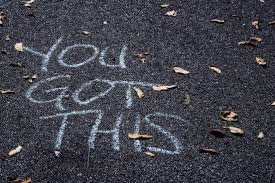On Writers' Crit Groups

Many writers swear by critique groups. They rely on them for good solid feedback from a wide variety of other writers - because it's helpful, confidential and, best of all, it's free. But many new writers join critique groups for the wrong reason. Actually, it's not so much wrong - and it's common enough - but it does hamper what you might get out of judgment by your peers. Namely, newbie writers usually only want one thing, and that is: validation. It can come as a great shock to new writers to venture out into the world - to finally summon up the courage to show their work to other writers - only to discover that they are not universally and immediately acknowledged as a genius. I have seen this phenomenon over and again. New writers come down to our own crit groups and read their material. You can tell they most times only want one response - to be told that their work is brilliant! Any other gentle criticism from group members can result in a ...


